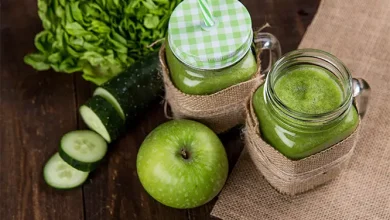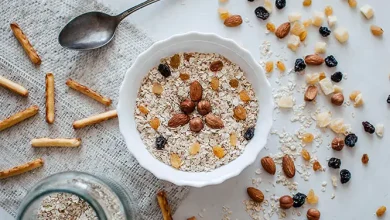Evaluating the Nutritional Value of Lotus Biscoff Spread: A Comprehensive Analysis

Exploring the Health Aspects of Lotus Biscoff Spread: A Detailed Review
If you’ve ever tried those deliciously cinnamon-flavored Lotus Biscoff biscuits, you might be familiar with their distinctive taste. I first tried them on a flight and, while many enjoy their sweet flavor, I found them a bit too sugary. Now, imagine a spread that tastes just like these biscuits.
Despite my concerns about its sugar content, I understand that some people are curious about the health implications of Biscoff spread. To address this curiosity, I’ve taken a close look at the ingredients and nutritional facts, which I will outline below.
What’s in Lotus Biscoff Spread?
Here’s what makes up Lotus Biscoff spread:
- Original Caramelized Biscuits (58%): Wheat Flour, Sugar, Vegetable Oils (Palm Oil from sustainable and certified plantations, Rapeseed Oil), Candy Sugar Syrup, Raising Agent (Sodium Hydrogen Carbonate), Soya Flour, Salt, Cinnamon
- Additional Ingredients: Rapeseed Oil, Sugar, Emulsifier (Soya Lecithin), Acid (Citric Acid)
Concerns with Ingredients
A few ingredients in Biscoff spread are worth discussing for health-conscious individuals:
- Sugar: It’s quite high, which could contribute to weight gain and other health issues like diabetes.
- Palm Oil: Although sustainably sourced, it is high in saturated fats that could increase cholesterol levels.
- Rapeseed Oil: Contains fewer saturated fats than some oils but is high in calories, which might contribute to weight gain if overconsumed.
- Wheat Flour: This is a refined ingredient that lacks the fiber and nutrients found in whole wheat flour, making it less ideal for those on a health-conscious diet.
Allergens and Dietary Specifications
For those with nut allergies, Biscoff spread does not contain nuts, but it’s always good to double-check the label. It’s also free from dairy, making it suitable for vegans. However, it contains wheat flour, so it’s not appropriate for those on a gluten-free diet.
Nutritional Breakdown Per 100g:
- Calories: 584 kcal
- Fat: 38.1g
- Saturated Fat: 7.6g
- Carbohydrates: 57g
- Protein: 2.9g
- Salt: 0.54g
Fat, Salt, and Calories Analysis
- Fat Content: At 38.1g per 100g, the fat content is quite high.
- Saturated Fat: The 7.6g of saturated fat per 100g can be concerning for heart health.
- Salt Content: At 0.54g per 100g, it’s moderate but worth noting for those watching their sodium intake.
Caloric Content
Biscoff spread is high in calories, with 584 kcal per 100g, making it a poor choice for those monitoring their calorie intake. A teaspoon is about 29-30 kcal, and a tablespoon is around 87-90 kcal. A typical slice of bread with Biscoff spread can total nearly 170 kcal. A regular jar contains about 2336 kcal, which exceeds the daily caloric intake for many people.
Is Biscoff Spread Healthy?
After analyzing the content, the answer leans towards no:
- High Calories: Not suitable for a calorie-controlled diet.
- High Fat Content: Poses risks for heart health.
- High Sugar: Increases risks for weight gain and diabetes.
- Low Nutritional Value: It lacks essential nutrients like vitamins or minerals.
Comparison with Other Spreads
Compared to peanut butter, which also has high calories and fat, peanut butter offers more protein and nutrients. Compared to Nutella, Biscoff has slightly fewer calories and less protein but less saturated fat and sugar.
FAQs and Conclusion
While Biscoff spread is tasty, it falls short health-wise. Healthier alternatives like natural peanut or almond butter offer better nutritional benefits. Enjoying Biscoff spread occasionally won’t harm your health, but it shouldn’t be a regular part of a balanced diet.




